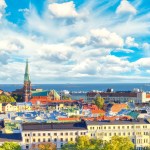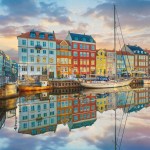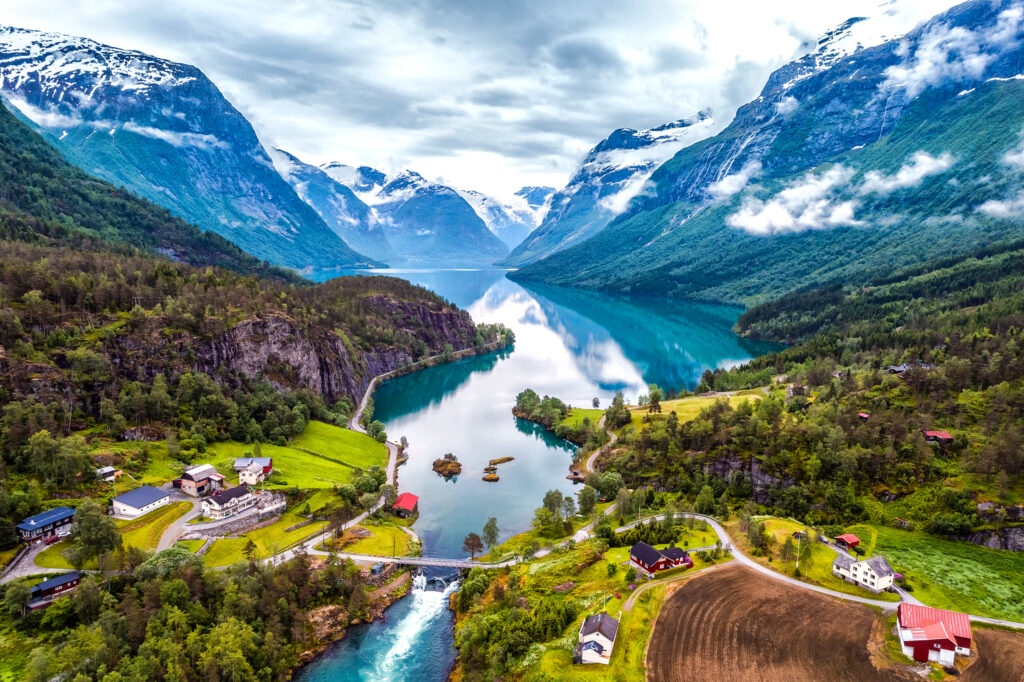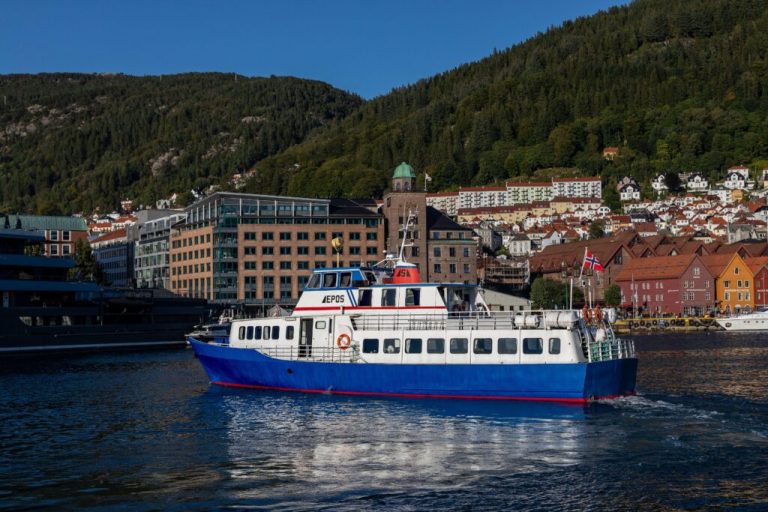The 2023 World Happiness Report, which ranks countries by happiness level, offers cause for celebration: Overall, benevolence has increased by 25% since 2019 and “positive emotions have remained twice as prevalent as negative ones,” report co-author John Helliwell said in a news release.
“This year’s report features many interesting insights,” added co-author Lara Aknin, “but one that I find particularly interesting and heartening has to do with pro-sociality. For a second year, we see that various forms of everyday kindness, such as helping a stranger, donating to charity, and volunteering, are above pre-pandemic levels. Acts of kindness have been shown to both lead to and stem from greater happiness.”
Each year, around 130 to 150 countries are ranked based on life evaluations collected via global surveys over the preceding three years. Respondents are asked to visualize their life like a ladder and then assign it a rung, with the first rung being the worst possible life and the 10th the best. After the countries are ranked, research into six key factors — social support, income, health, freedom, generosity, and absence of corruption — help explain why each country placed where it did.
“The overall goal is a happier society,” co-author Richard Layard said in the release. “But we only get there if people make each other happy (and not just themselves). It’s an inspiring goal for us as individuals. And it includes the happiness of future generations — and our own mental health.”
Released on March 20 — the U.N.’s International Day of Happiness — the 11th annual report saw Finland take the title of World’s Happiest Country for the sixth year running. The other top 10 countries spanned three continents. This year, the United States came in at a respectable 15, and Lithuania has jumped more than 30 places since 2017 to make into the top 20 for the first time.
Scroll to see the top 10 countries:
Finland

To celebrate its sixth consecutive year as happiest in the world, Finland began offering visitors free vacations to visit and learn from the Nordic country. Additionally, 10 lucky people will be selected to attend Finland’s first “Happiness Masterclass,” which will be held at a luxury resort in June. Apply here.
Denmark Denmark has consistently placed at the top of the list since the inaugural World Happiness Report was released in 2012. Find out some of the reasons why.

Iceland

Known for its other-wordly natural wonders, the small country has a population of just 380,000. Though it’s said to be one of the last places to be settled by humans, it has one of the oldest democracies in the world.
Israel

Israel moved up to No. 4 this year, up from position nine in 2022, and is the happiest it’s been since the ranking began in 2012, per The Times of Israel.
The Netherlands

Informally referred to as Holland, the popular tourist destination is famous for its gorgeous tulip fields, bicycle culture, delicious food, and generally happy residents.
Sweden

Sweden is the largest country in the Nordic region, and boasts a population of over 10 million. It’s contributed many incredible innovations to the world, with 3% of its annual GDP going toward research and development.
Norway

Situated on the Scandinavian peninsula next to Sweden and Finland, the mountainous Kingdom of Norway offers new parents 42 paid weeks off work per year, and many businesses are only open from 8 a.m. to 2 p.m., according to National Geographic.
Switzerland

Switzerland has one of the highest life expectancy rates in the world, an average of 84 years. Home to 6% of Europe’s freshwater and 1,500 lakes, the country has been called “the water castle” of Europe since the Middle Ages.
Luxembourg

As of 2022, Luxembourg had the highest number of expats in all of Europe, with 58.2% of its residents having been born outside the country.
New Zealand

The island country is rich with flora and fauna, and Kiwis — a common nickname for New Zealand residents (a nod to the nation’s native land birds) — have a reputation for being friendly and laid back.











